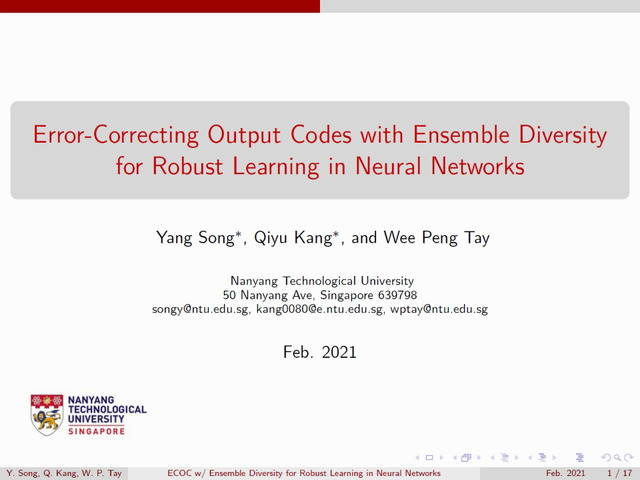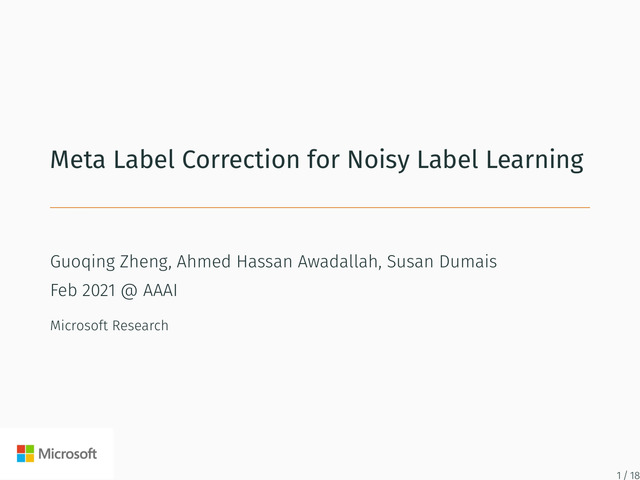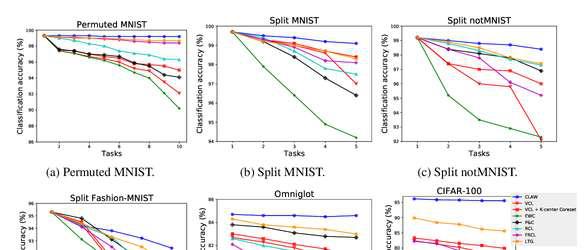Abstract:
Deep learning practitioners are often interested in improving their model accuracy rather than the interpretability of their models. As a result, deep learning applications are inherently complex in their structures. They also need to continuously evolve in terms of code changes and model updates. Given these confounding factors, there is a great chance of violating the recommended programming practices by the developers in their deep learning applications. In particular, the code quality might be negatively affected due to their drive for the higher model performance. Unfortunately, the code quality of deep learning applications has rarely been studied to date. In this paper, we conduct an empirical study to investigate the distribution of code smells in deep learning applications. To this end, we perform a comparative analysis between deep learning and traditional open-source applications collected from GitHub. We have several major findings. First, long lambda expression, long ternary conditional expression, and complex container comprehension smells are frequently found in deep learning projects. That is, deep learning code involves more complex or longer expressions than the traditional code does. Second, the number of code smells increases across the releases of deep learning applications. Third, we found that there is a co-existence between code smells and software bugs in the studied deep learning code, which confirms our conjecture on the degraded code quality of deep learning applications.









































